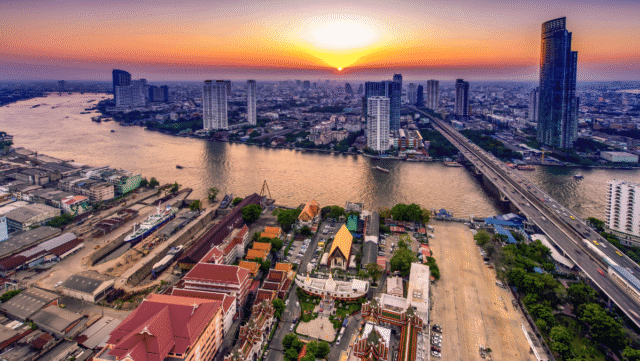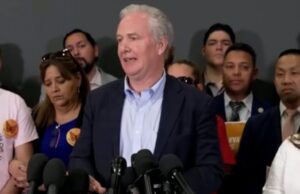After months of deliberation and tensions, Thailand’s Entertainment Complex Bill has been shut down. It would have allowed for casinos to be integrated into resorts, similarly to how Macao operates and what is currently being pitched in some parts of Japan. Lawmakers have reasoned that the bill would introduce high costs, social harm, and national security risks.
This comes as Paetongtarn Shinawatra, the previous Prime Minister who was backing the idea, was voted out after a scandal surrounding a leaked phone call. The call between her and Hun Sen, the Cambodian leader, was said to be too respectful, as both Cambodia and Thailand are now embroiled in a “border crisis” that has seen multiple soldiers killed and hundreds of thousands of citizens displaced.
Back in May, Shinawatra slammed critics of the casino bill, saying:
“The investment isn’t coming from the state or people’s tax money; it’s private and foreign capital.
“That means more revenue through taxation, especially from regulated gambling.
“It’s about responsible gambling, there will be strict rules, background checks, and security standards to ensure it’s not a place where anyone can walk in dreaming of winning millions and just leave with it. That’s not how it works.”
Some parts of the general public didn’t agree and had begun protesting the bill.
New Prime Minister of Thailand is anti-gambling
Since her voting out, the new Prime Minister, Anutin Charnvirakul, a staunch opponent of gambling, has now pushed the bill out too. A committee formed to investigate the effects of casinos being introduced into the area found that it would almost certainly increase money laundering and wouldn’t provide the economic boom expected.
This is despite the top bank in the country, Maybank, predicting that casinos could have brought in over $8 billion a year, thanks to the millions that travel through the area. Companies like MGM were also anticipating the bill passing, with multiple casino giants circling Thailand as their next big investment. Now, with the bill dead in the water, it’s back to the drawing board.







